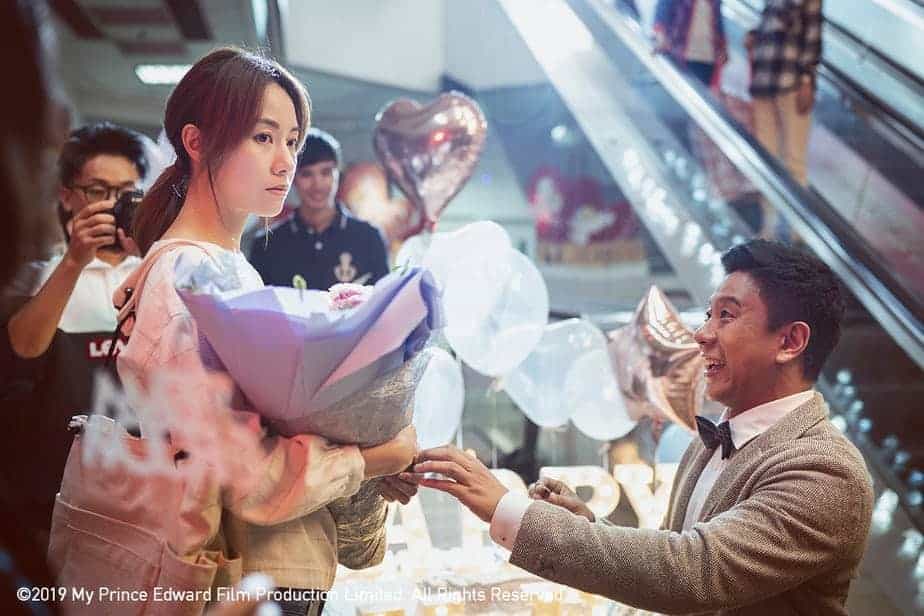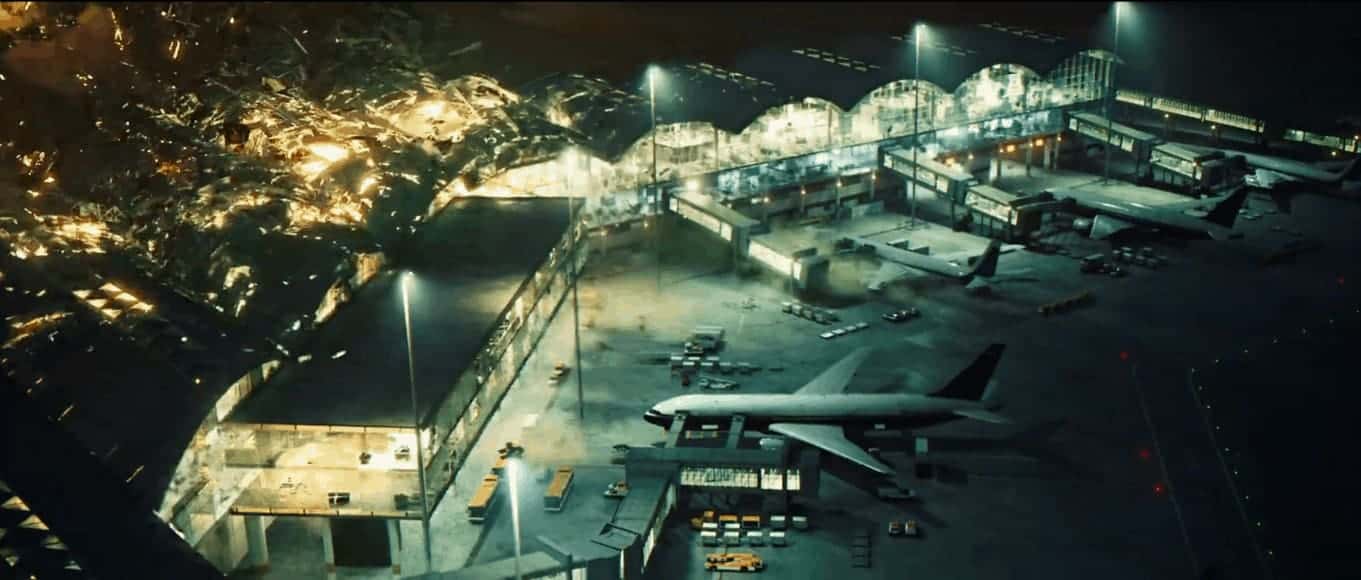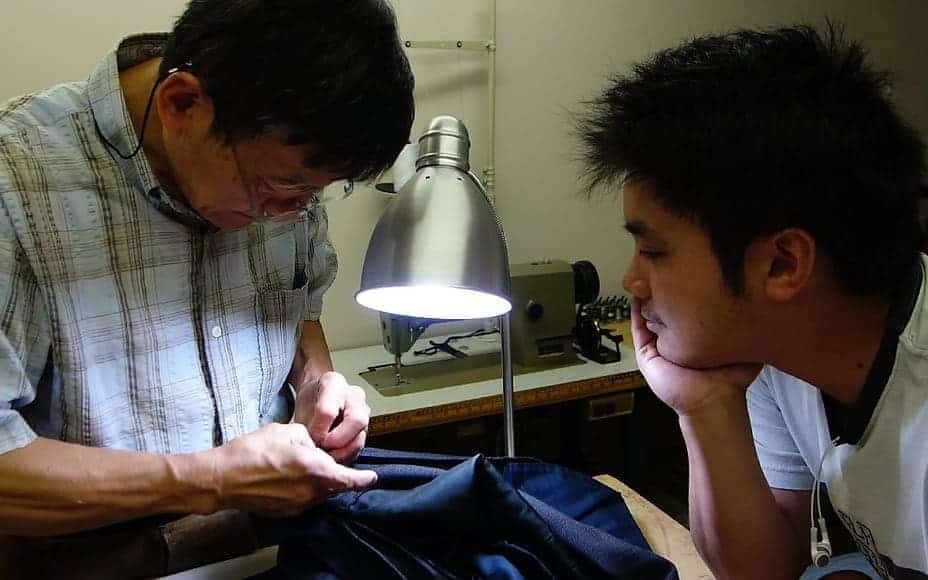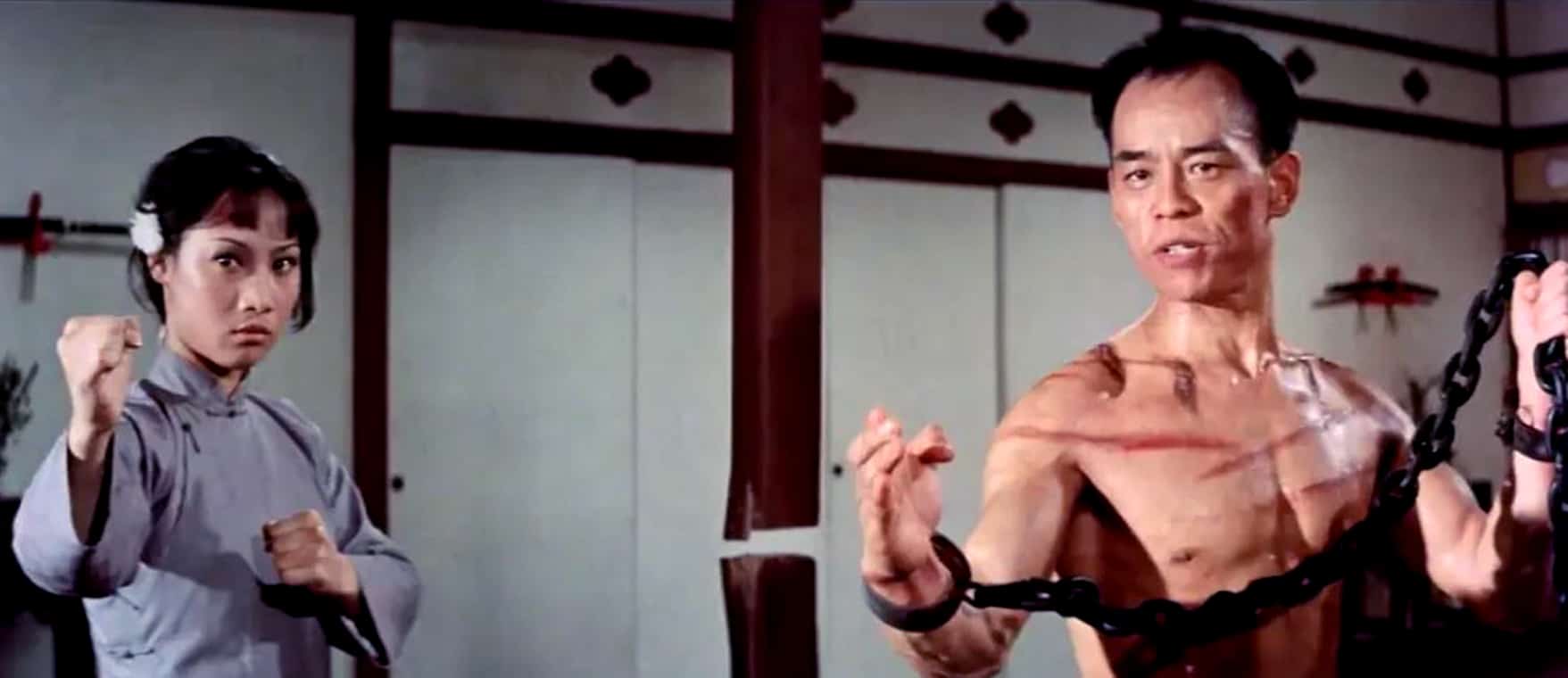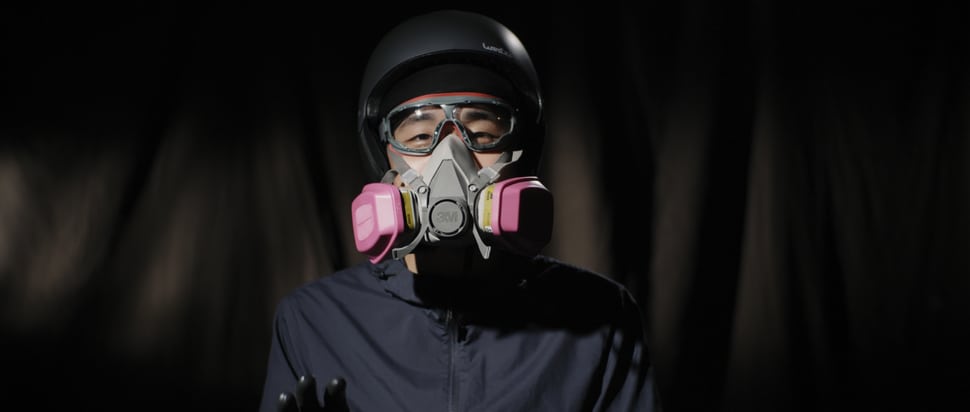“Long Arm of the Law” remains one of the quintessential Hong Kong neo-noirs, with it's memorable conclusion and bleak narrative of mainlanders coming to Hong Kong for a series of armed robberies. The third instalment of these stand alone stories comes with the added star power of Andy Lau and a slightly more conventional love story at its core. With a series that challenges and critiques both the Chinese and Hong Kong cultures does the addition of a bigger star dilute from this? Whilst to a degree this is certainly true and the themes becoming secondary to the central story, this is not to say it is any the less powerful.
Buy This Title
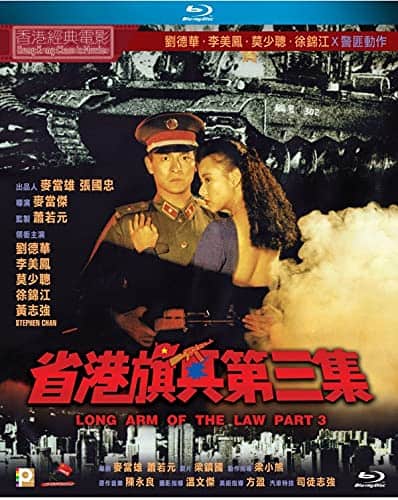
Lee Cheung-kong (Andy Lau) becomes an unwitting accomplice in a robbery when his friends arrive at his property to hide. When they are discovered, he too is arrested by Mao (Elvis Tsui) and sentenced to execution. Escaping, he is pursued by the policemen determined to bring him back. Joining up with Chicken Heart (Max Mok) and Moon (Elizabeth Lee), Lee Cheung-kong finds himself caught up in Hong Kong's underworld. Moon is taken to be a prostitute whilst the other two come under the manipulation of Master Leung (Kirk Wong) who uses the captured Moon to get them involved in committing a series of increasingly dangerous robberies. Despite the pretext he is their ally, his only interest is in personal gain. With Mao closing in, the walls begin to form around the trio and their only chance of survival yet alone escape, is to fight back.

This is a more glossier production than its predecessors, perhaps reflected in the change of director Michael Mak from his brother Johnny after the first instalment. Whilst it loses the vicious edge by comparison, it remains a strong piece. The action sequences are excellent and follow the narrative as opposed to being shoehorned into the film. The highlight is the desperate scrap amongst the corridors of the brothel. An intense, fierce, well choreographed fight that is superbly shot and makes Andy Lau look incredibly athletic. The final shootout also keeps the action relatively contained in a single location and brings to mind the original's conclusion amidst the walled streets of Kowloon.
Where this diverges from the others in the series is the tone and the emphasis of the looming handover. The tone has a much more romanticized feel. Whereas before we have gangs of illegal immigrants intentionally coming over to commit crime, here our leads are reluctant participants. Lee Cheung-kong becomes increasingly involved out of his desire to rescue Moon from the brothel initially, and then capture. He's set up as an innocent man from the outset and retains an integrity despite his naivety. His chemistry with Elizabeth Lee's Moon provides a much more sympathetic pairing that draws the audience in their fate as opposed to a group of unlikable robbers whose demise is inevitable. Chicken Heart is quicker to adapt to his surroundings and become comfortable with what is required, but even he is given conflicted loyalties and a solid playing by Max Mok.
The other theme is of course the handover. Subject in many a piece during this era, here we get a physical representation in Elvis Tsui's Mao, an unbending representation of the oppressive law. In his second appearance in the series, his is an impressively stern portrayal. There is no questioning of the decisions, just the enforcement of it. His interactions with the Hong Kong police are confrontational with neither side able to understand the other both in language and action and both looking down on the other. In one clever little scene, a taxi driver refuses to speed up for him in a chase, as he dislikes those that berate him over 1997. This forces Mao to take a gun to his head, thus inverting the whole set up with him breaking laws to enforce them. It's a shame that so many of his later roles would be so broadly played (especially in category III films) as he does have a really good presence when playing it straight. My only critique of this role is that in the conclusion, he takes an action that feels out of place and services the plot rather than the character. This theme is very much a time capsule as any level of criticism aimed at China in this way would certainly not be included without likely censoring.
This is not to say that Hong Kong is painted as a paradise. This “paradise” as dreamed of by the immigrants is a sewer of crime and corruption. Kirk Wong is excellent as the odious manipulator Leung. The criminals are flash, walking around with the giant mobile phones of the era and happy to exploit the needs of the immigrants for their own end. The dark side of capitalism in full display. Money talks and the mainlanders, whilst dream of a better future, are conned into prostitution and a debt that can never be repaid. They are cannon fodder, ghosts in the machine that can be disposed of easily and replaced once their usefulness ends. Although this merely scratches the surface of this exploitation, it's another surface layer that reflects the time.
“Long Arm of the Law: Part 3” is an excellent film that doesn't quite fit into a set genre. Too romanticized for to be a full blown neo-noir, not really a heroic bloodshed and too glossy to be a hard edged crime thriller. Yet the elements it does have pull together to create a top notch piece of entertainment. Good performances, direction and action with a bit of thought in the screenplay (it may be a bit heavy handed at times but at least it tries), means the story flows and keeps you engaged throughout. Whilst a different entity to the original, keep an open mind and you'll enjoy.



